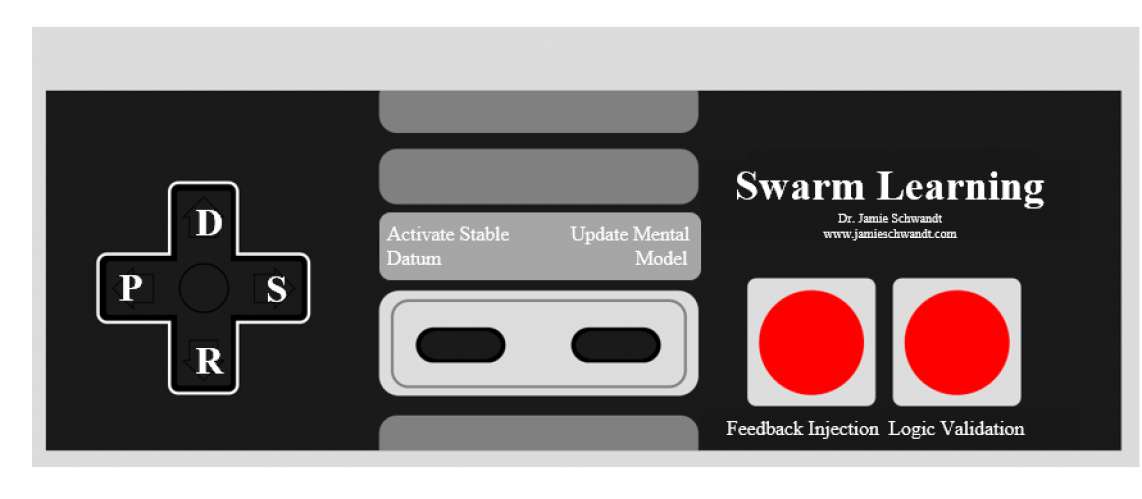What is a system? Use DSRP to answer this question. What is a part? What is a whole? How can you apply it in health care administration?
A system is something that has parts that all work together as part of a mechanism or interconnecting network. A part is basically a piece of the whole. The whole is all of the parts, essentially. In Healthcare Administration, different sectors could encompass the “Whole”. The OR is a part just as the ER is a part, but they are all part of the whole organization.
What is Measure in DMAIC? How can you apply it in Healthcare Administration?
Those all stand for Define, Measure, Analyze, Improve, Control. This is something that can be used to search for issues, analyze them and then use great ideas to improve those issues and to control them.
What are three common myths or misconceptions about innovation?
- Innovation is good
- Innovation has a formula
- Innovation is Linear
What is complexity? What is a complex system? Provide examples of a complex system.
Complexity is a factor involved it a complicated process or situation that is intricate. A complex system is a system composed of many components which may interact with each other. An example of this is a large health system with numerous locations around a large city or area.
How are complexity and feedback related? What is a reinforcing feedback loop vs a balancing feedback loop?
Dynamic Complexity a form of complexity that arises form the operation of feedback loops.
What does organizational learning mean? How can organizations promote this?
An organization-wide process that involves the systematic integration and collective interpretation of new knowledge. They can promote this via their culture and policies.
What is double-loop learning? What is the OODA Loop? Provide examples of how you can use it in health care administration.
Double-loop learning, occurs when problem solvers attempt to close the gap between desired and actual states of affairs by questioning and modifying those organization’s policies, plans, values, and rules that frame organizational problems and guide organizational action.
What is the difference between single-loop learning and double-loop learning? How are they related to adaptive learning and generative learning?
Single-loop learning, a relatively simple error- and-correction process whereby problem solvers look for solutions within an organization’s policies, plans, values, and rules. Single loop is simpler while double loop in more complex.
From what you have seen so far, how does this (adaptive and generative learning — as well as single and double-loop learning) relate to Swarm Learning?
Swarm learning provides a bit of a different outlook and focuses on the system as a whole and how we can make it better. I think that providing feedback and adapting to how we like the course to be taught and ran is the biggest thing that sticks out to me.
What is emergence? Why is important? Provide examples.
Emergence is New ideas, products, practices, and relationships that arise spontaneously and are neither predicted nor anticipated by participants or observers. It is important because it is how the world can work on different levels and when the whole becomes more than just its parts. Sand dunes are an emergence example, they result from a feedback of sand and blowing wind.


Do you have the link for your map, I would like to see how you put it together. The answers associated with the questions looks like a fun way to organize thoughts.
Great work!
https://www.plectica.com/maps/8PZMHM94C
Fantastic! This is really good!
Hi Sam,
I think it is really cool how you listed all the questions in one box and linked the answers boxes to the questions! I suffer from TMI (Too Much Information) when I create maps; I realized what you did is a great way to organize information without squeezing too much in each box. Thanks!
Best Regards,
Josefina